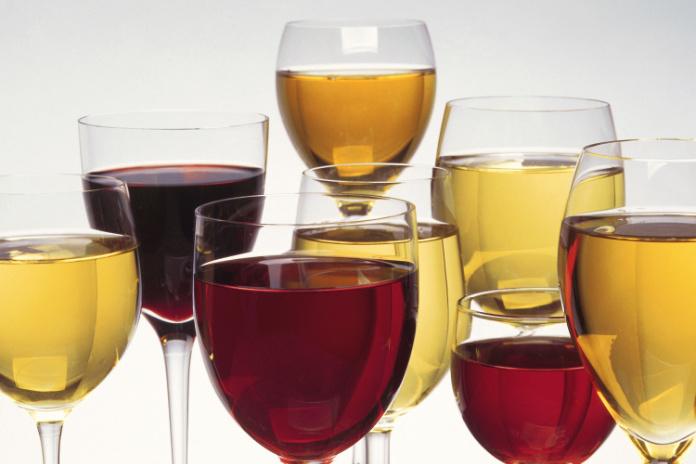It seems barely a day goes by without conflicting reports telling us that drinking is bad for us – or no, actually some drinking is OK.
A study in Denmark, for example, found that people who drank low to moderate amounts of alcohol three to four times a week, were actually less likely to develop diabetes than teetotallers. But hold off popping the cork on a bottle of champers to celebrate the news, say Diabetes UK, who stress that people shouldn’t view studies such as this as a green light to drink in excess of the existing NHS guidelines. Especially as the impact of regular alcohol consumption on the risk of developing Type 2 diabetes will be different from one person to the next.
What is moderate drinking?
The possible health benefits of drinking moderate amounts of alcohol, according to the US’ Mayo Clinic, include reducing your risk of heart disease, ischemic stroke and diabetes.
However, the key here is the word ‘moderate’ – and there are other, very important and research-backed, ways to reduce your risk of these conditions, such as keeping physically active and eating a healthy diet.
The NHS advises that to keep health risks ‘low’, men and women should drink no more than 14 units a week and, if we are consuming all of those units, to spread them over more than three days.
This equates to six pints of average-strength beer or 10 small glasses of low-strength wine. So, if you’re a fan of rosé, a 125ml glass at ABV 12% (alcohol by volume) is 1.5 units, a pint of beer at ABV 5.2% is 3 units, and a shot of gin (25ml) at ABV 40% is just 1 unit.
Drinkaware has a unit calculator which can help you keep track of your drinking.
If you’re pregnant, the advice is not to drink at all, to minimise health risks to your unborn baby.
Risks of drinking too much alcohol
Drink too much – more than 14 units a week regularly – and, after 10 or 20 years, you’ll put yourself at increased risk of certain cancers and illnesses of the mouth, throat and breast, as well as stroke, heart disease, liver disease, brain damage and damage to the nervous system, among other things, says the NHS. Alcohol, of course, can impact mental health too.
“Regularly drinking more than the daily guidelines can affect your health in many ways,” confirms Dr Gary Bolger. “Heavy drinkers increase their risk of developing high blood pressure, cancer (especially breast cancer and cancer of the gullet), liver and heart disease, stroke and osteoporosis.
“Binge drinkers can also develop unpleasant short-term effects, such as sweating, shaking, bad skin, diarrhoea, blackouts and problems sleeping. And that’s as well as the long-term health problems.”
Incredibly, a study by Cancer Research UK found nine in 10 people were totally unaware that alcohol increased their cancer risk.
Studies have shown that even ‘light’ drinking of one alcoholic drink a day carries an increased risk of oesophageal cancer, whereas one to four alcoholic drinks a day increases the risk of colorectal cancer, and four or more a day is linked to an increased risk of liver, gastric and pancreatic cancer, according to a United European Gastrology (ueg) report, Alcohol and Digestive Cancers Across Europe: Time for Change.
In the report, Professor Matthias Löhr says: “[There is a] school of thought that moderate alcohol consumption, particularly red wine, is often considered to be healthy. According to animal experiments, there is some truth to this. However, many regular drinkers have a certain level of addiction and there is then a very different and more serious risk profile.”
The bottom line on moderate drinking
The bottom line is this: The perceived health benefits of alcohol do not outweigh the risks and drinking any alcohol could increase your risk of developing cancer. Certainly don’t start drinking if you don’t, because a report says it’s ‘good’ for you – but if you do enjoy a drink, you’re healthy, and you are careful to drink in moderation, you can probably carry on.
Read our article – 10 lower alcohol options if you’re looking to cut back on drinking.








































































